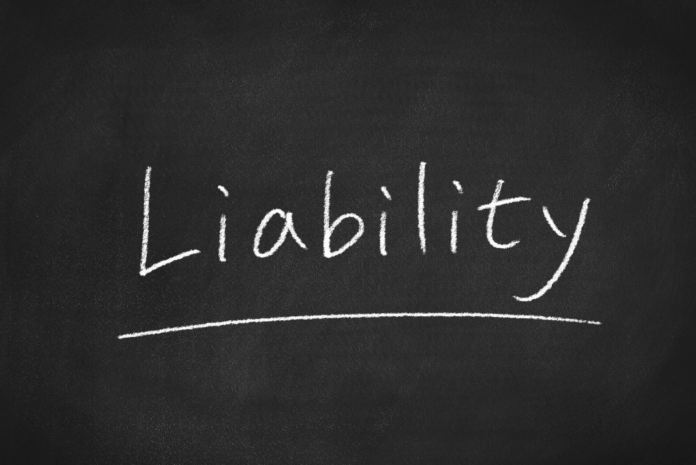If you employ staff – even part-time, freelance, or seasonal workers – there’s a good chance you’re legally required to have Employers’ Liability Insurance (ELI).
But with shifting working patterns and increasingly blurred lines between contractors and employees, many businesses don’t realise they’re underinsured — or even breaking the law.
Here’s what you need to know to stay compliant, protect your business, and avoid costly mistakes.
What Is Employers’ Liability Insurance?
Employers’ Liability Insurance covers your business if an employee—or even a former employee—suffers an injury or illness directly linked to their work and makes a claim against you.
It typically covers:
- Legal defence costs
- Medical expenses
- Lost income for the employee
- Court-ordered compensation
Is Employers’ Liability Insurance a Legal Requirement?
In most cases, yes.
Under the Employers’ Liability (Compulsory Insurance) Act 1969, you must have a minimum of £5 million in cover if you employ anyone other than yourself or a close family member.
This law also applies if your staff work remotely. Even if employees work from home, you’re responsible for ensuring their working environment is safe.
That means considering everything from ergonomic desk setups to electrical safety. If in doubt, carry out a homeworking risk assessment and provide clear safety guidance.
Failure to hold ELI when required is a criminal offence and could lead to hefty fines and prosecution.
Common Mistakes That Could Put Your Business at Risk
- Assuming freelancers and contractors don’t count: If you exert significant control over when, where, and how they work, you may still be legally required to cover them
- Being underinsured: Around 40% of businesses don’t have enough cover to fully protect against claims—this leaves you dangerously exposed
- Failing to display your ELI certificate: You must make this accessible to staff either physically or digitally. Failure to do so can result in fines
How to Reduce Your Employers’ Liability Insurance Premiums
- Invest in strong health and safety protocols and regular staff training
- Keep detailed accident logs to demonstrate transparency and risk management
- Engage with the Health and Safety Executive (HSE) for official guidance and assessments
- Work proactively with your insurance broker to review and negotiate cover before your renewal date
Remember: Insurers reward businesses that demonstrate a strong culture of safety and low incident history.
Do You Need Employers’ Liability Insurance for Subcontractors and Freelancers?
If you:
Control where and when they work
Provide their equipment or materials
Require them to work exclusively for you
…then yes, you likely do need cover.
If they’re truly independent—working for multiple clients and supplying their own tools—then you may not. But tread carefully. If a dispute arises, courts often side with individuals claiming employee status.
Final Word: Don’t Leave Employers’ Liability Insurance to Chance
Employers’ Liability Insurance is often overlooked until it’s too late. The reality is that claims can arise from everything from workplace slips to long-term conditions like industrial hearing loss.
For the sake of a relatively low annual premium, you’ll protect your business against claims that could otherwise cripple your finances and damage your reputation.
If you’re unsure about your legal obligations, now is the time to review your cover—before a claim hits your desk.
Small businesses access unsecured, fast funding from Got Capital. As an alternative lender, Got Capital offers financing solutions specifically designed for and catered to the needs of SMEs, free from personal guarantees.

